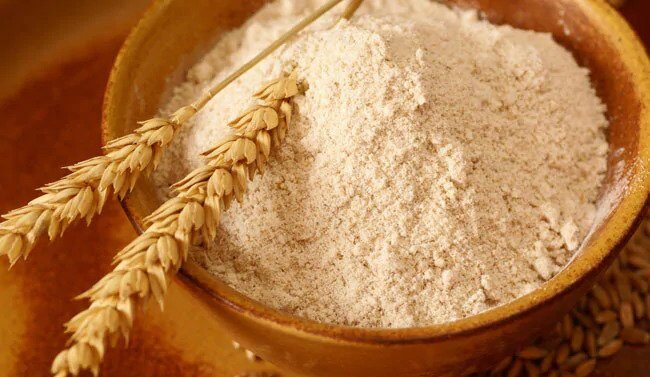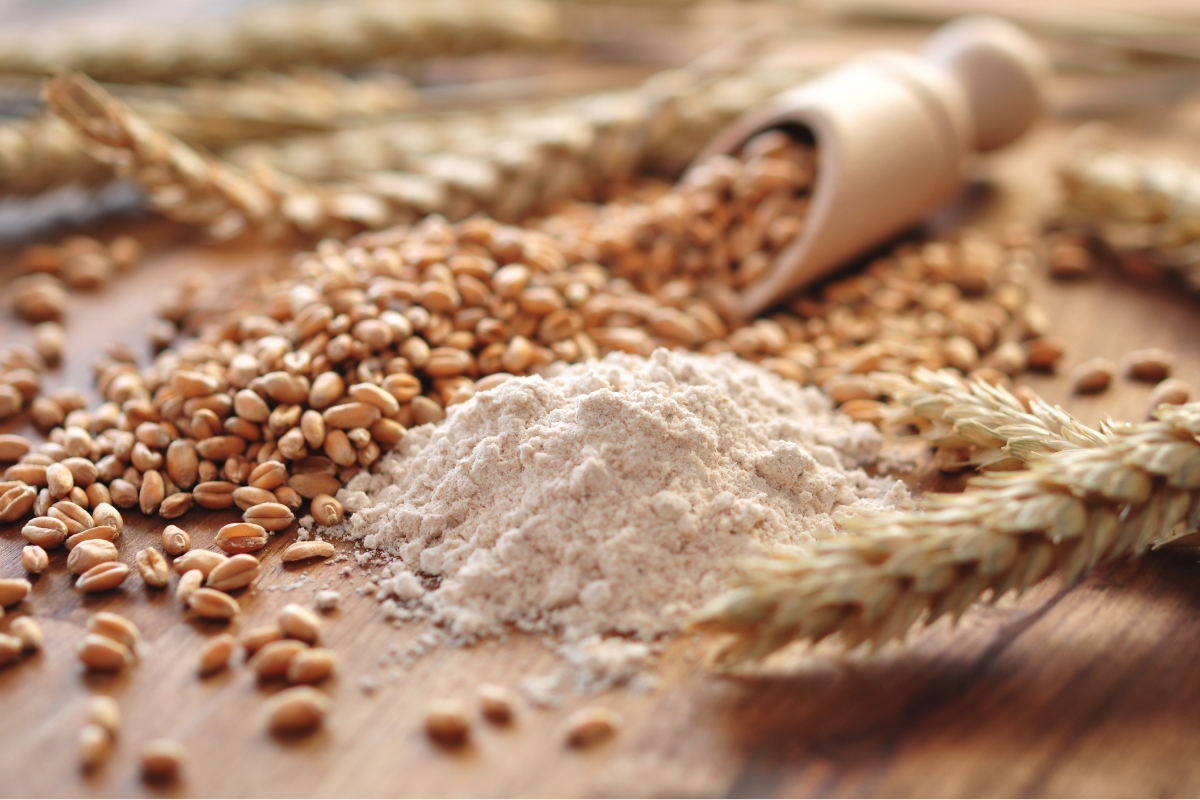Wheat flour has been a staple in diets around the world for centuries, and it continues to be a crucial ingredient in various culinary creations. This versatile grain is rich in essential nutrients and offers numerous health benefits, making it an excellent addition to a balanced diet.
In this article, we will delve into seven proven health benefits of wheat flour backed by scientific research and expert opinions. Let’s explore how this dietary wonder can contribute to your overall well-being.
Table of Contents
1. Enhances Digestive Health
Wheat flour is an excellent source of dietary fiber, which plays a vital role in promoting healthy digestion. The fiber content aids in regulating bowel movements, preventing constipation, and maintaining a healthy gut environment. Additionally, wheat flour contains prebiotics that nourish the beneficial gut bacteria, supporting a robust digestive system.
2. Provides Sustained Energy
One of the significant advantages of wheat flour is its high carbohydrate content. Carbohydrates are the primary energy source for our bodies, and the complex carbohydrates found in wheat flour release energy gradually, providing a steady supply of fuel throughout the day. This sustained energy release can enhance endurance and improve overall productivity.
3. Supports Heart Health
Including wheat flour in your diet can positively impact heart health. Whole wheat flour contains a high level of antioxidants, such as phenolic acids, which help reduce oxidative stress and inflammation in the cardiovascular system. Moreover, the fiber in wheat flour aids in lowering cholesterol levels, reducing the risk of heart diseases.
4. Manages Weight Effectively
For those aiming to maintain a healthy weight, wheat flour can be a valuable ally. The fiber content in wheat flour promotes a feeling of fullness, reducing the likelihood of overeating. Furthermore, its low-fat content and relatively low calorie count make it an ideal choice for weight management.
5. Regulates Blood Sugar Levels
Individuals dealing with diabetes or those at risk of developing the condition can benefit from consuming wheat flour. The fiber and complex carbohydrates in wheat flour help regulate blood sugar levels, preventing rapid spikes and crashes. As a result, it promotes stable energy levels and supports diabetes management.
6. Boosts Bone Health
Wheat flour contains essential minerals like magnesium, phosphorus, and zinc, all of which contribute to maintaining strong and healthy bones. These minerals play a vital role in bone formation and density, reducing the risk of osteoporosis and other bone-related issues.
7. Strengthens the Immune System
Nutrient-rich wheat flour provides several essential vitamins and minerals that support the immune system’s proper functioning. Vitamin E, vitamin B6, and zinc found in wheat flour contribute to bolstering the body’s defenses against infections and illnesses, helping you stay healthier and more resilient.
Conclusion
In conclusion, the health benefits of wheat flour are numerous and varied, making it a valuable addition to any diet. From supporting digestive health and providing sustained energy to promoting heart health and strengthening the immune system, wheat flour offers an array of advantages. However, as with any dietary changes, moderation is key. Incorporating wheat flour into a balanced diet, alongside other nutrient-rich foods, can lead to a healthier and more vibrant life.
Next Post | 7 Health Benefits Of Mayonnaise
FAQs
Wheat flour contains gluten, which can cause adverse reactions in individuals with gluten sensitivity or celiac disease. For such individuals, gluten-free alternatives like almond flour or rice flour are more appropriate.
The recommended daily intake of wheat flour varies based on individual dietary needs. However, incorporating moderate amounts into your diet, such as whole wheat bread or pasta, can be beneficial.
While wheat flour contains some protein, it is not as protein-dense as legumes, nuts, or animal-based products. Combining wheat flour with other protein sources can help meet your protein requirements.
Incorporating wheat flour into a balanced diet can contribute to a healthier lifestyle, potentially reducing the risk of chronic diseases. However, overall lifestyle choices, including exercise and other dietary factors, also play a significant role in disease prevention.



:max_bytes(150000):strip_icc()/Organic-wheat-Michael-Pohuski-56a11aef5f9b58b7d0bbb819.jpg)







